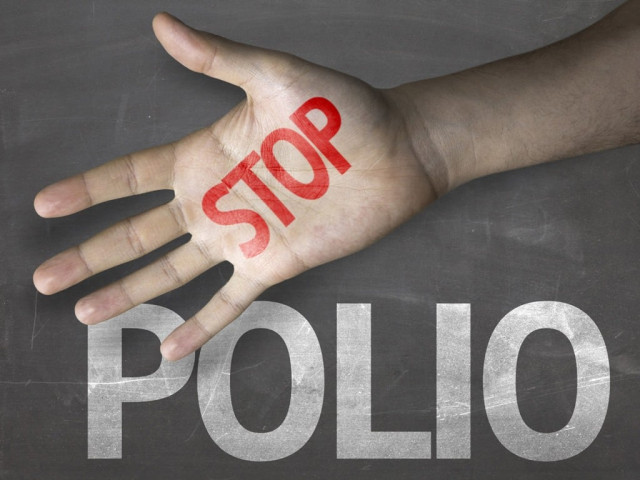Islamabad / Peshawar:
The regional reference laboratory for the eradication of polio at the National Institute of Health (NIH) confirmed three new cases of polio, increasing the country’s count for 2025 to 17.
According to the laboratory, the new cases have been detected in Takhtikhel (Lakki Marwat district) and Mir Ali (Northern Waziristan District) of Khyber-Pakhtunkhwa (KP), as well as Chajro in the Sindh Umerkot district.
The children affected include a 15 -month -old girl from Lakki Marwat, a six -month -old girl from northern Waziristan and a five -year -old boy from Umerkot.
So far this year, 10 cases have been reported in KP, five in the Sindh and each in Punjab and Gilgit Baltistan.
Polio is a very contagious and incurable disease that can cause life paralysis. The only reliable protection is through repeated doses of the oral polio vaccine (OPV) for each child under the age of five during each vaccination campaign.
Although significant progress has been made in the eradication of the virus, the emergence of new cases highlights the continuous threat to children, especially in regions with a low acceptance of the vaccine.
A special vaccination campaign is currently underway in Union councils, synchronized with the Afghanistan infranational polio campaign. In addition, an IPV-OPV fractional campaign began in the Chaman district on July 21, which will be deployed in six other Balutchistan districts from July 28.
Official sources in Peshawar said that of the 10 KP cases, three were reported to Bannu, two each of Lakki Marwat and Northern Waziristan, and one of Tank, Torghar and Dera Ismail Khan.
According to a report published in May 2025, 17,136 cases of refusal in Peshawar – the greatest number of people refusing to allow the administration of polio vaccines to their children. The other areas include Mardan, 6,812 cases; Bannu, 10,781, Laaki Marwat, 976; Di Khan, 2,128; and Kohat, 1 009.
Shafiullah Khan, the coordinator of the Center for Emergency Operations (EOC) in KP, said that awareness campaigns across the media played a vital role, and the number of parents refusing vaccination had decreased significantly.
“Once there have been thousands of refusals, there are only a few areas left, and efforts are underway to approach them too,” Khan said. He recognized the challenges in the fight against polio, noting a lack of access to communication and continuous security problems in tribal districts as major concerns.
The government and partner organizations were working actively to eliminate the virus, but “due to the fragile security situation in certain tribal regions, our campaigns are often confronted with obstacles,” Khan said. He underlined the need for collective responsibility and joint efforts to eliminate polio.




